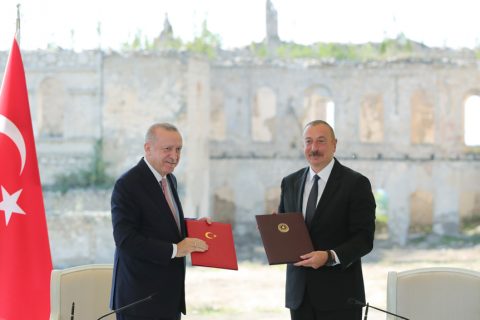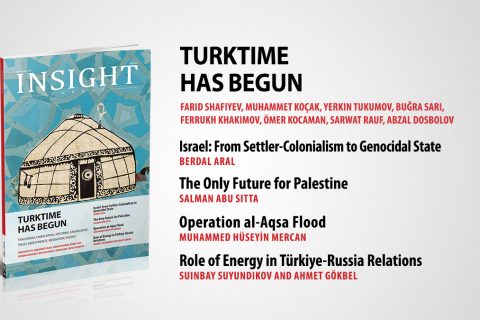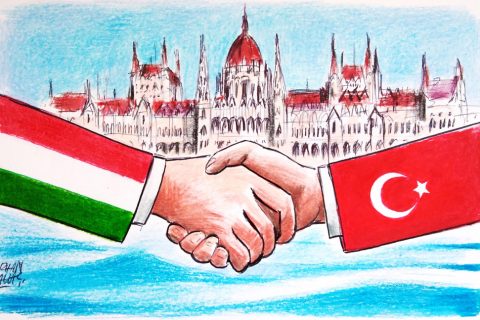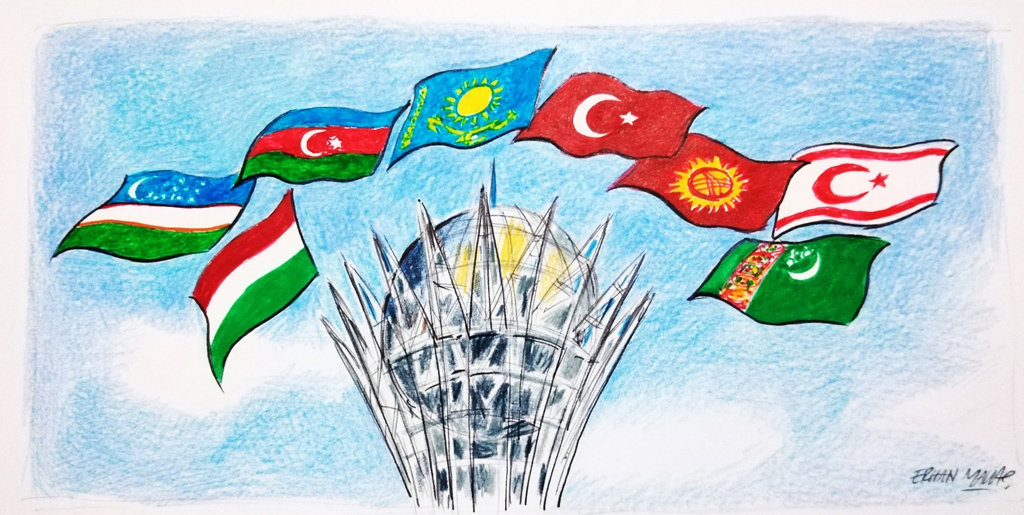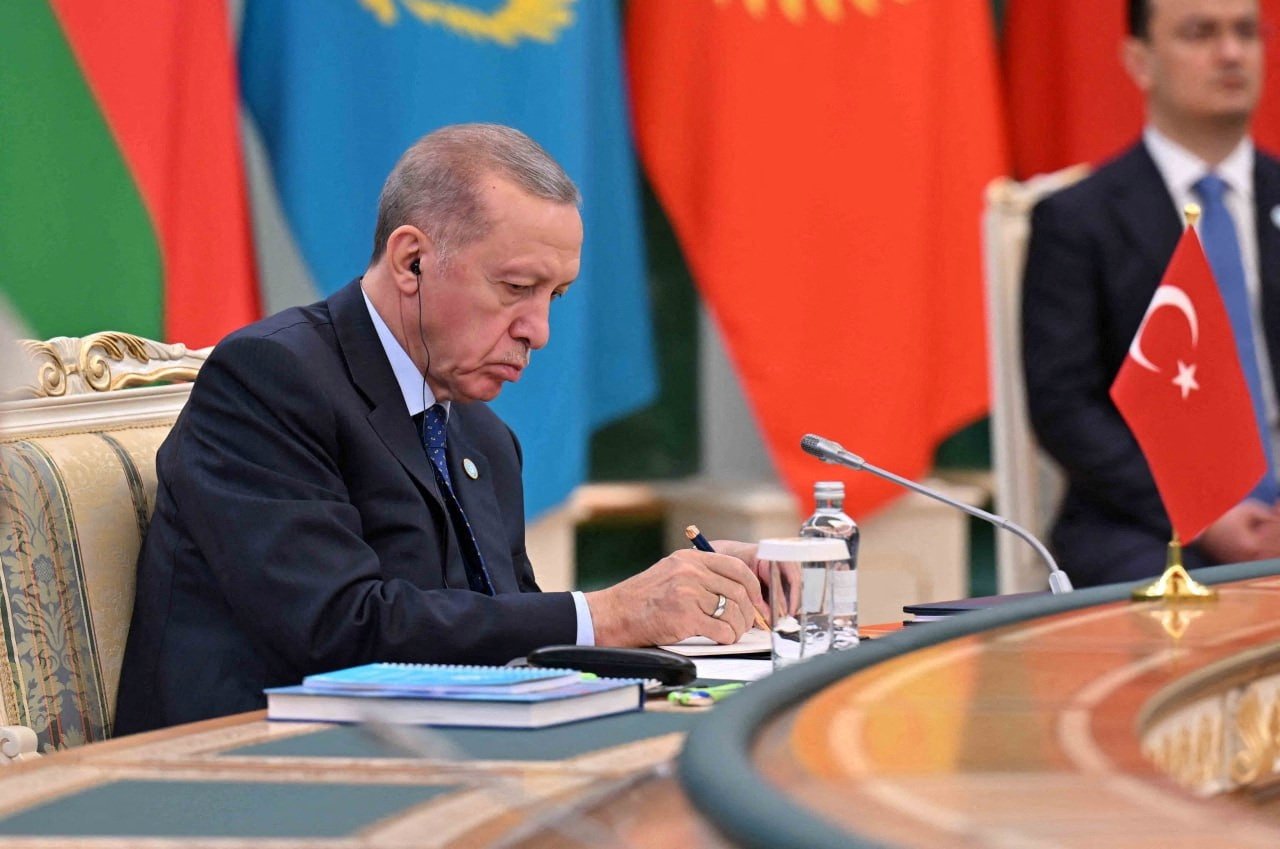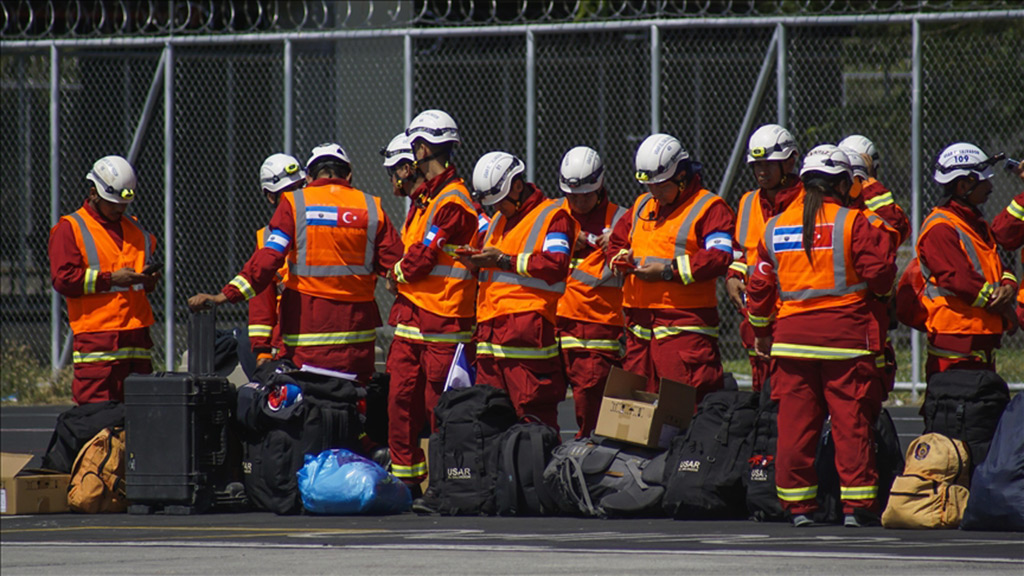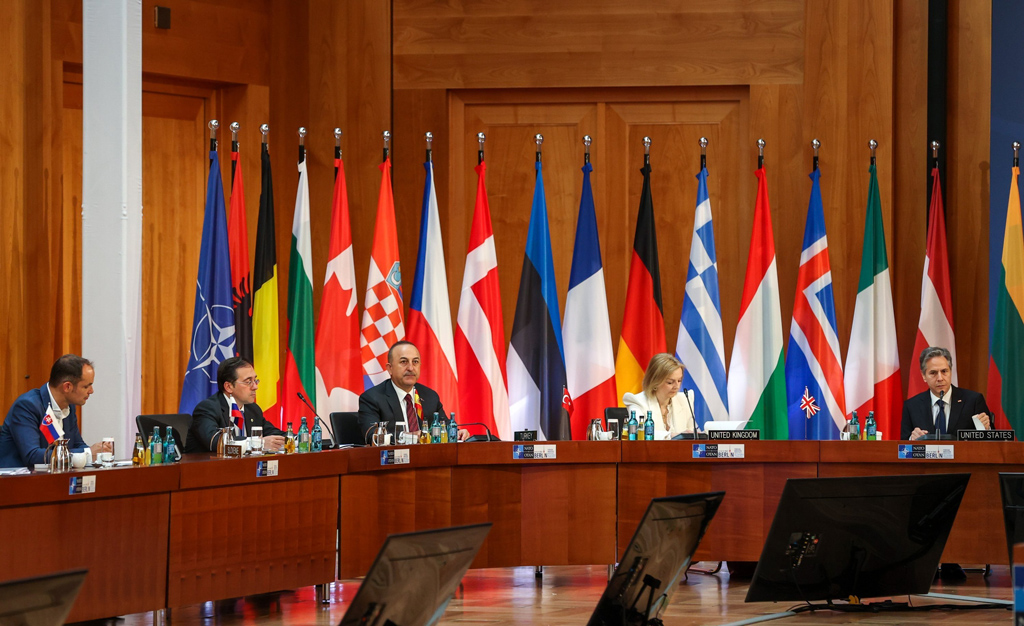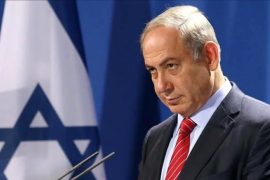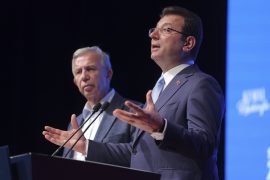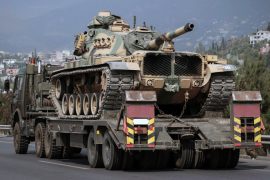Organization of Turkic States (OTS)
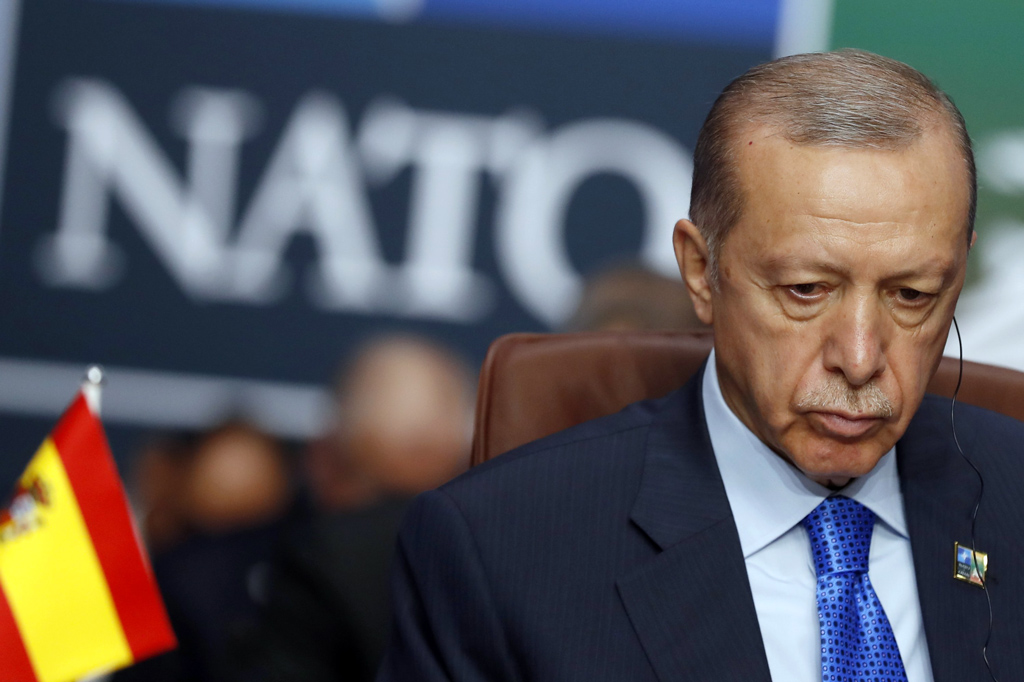
Where is Turkish foreign policy headed in 2024?
| OpinionAs uncertainty, competition and conflict gain momentum within the international system, Türkiye engages in diplomacy …
-
Opinion
Azerbaijan and the Rise of Turkic Unity: The Journey of the Organization of Turkic States
By Farid ShafiyevThis commentary delves into the evolution of the Organization of Turkic States (OTS), highlighting its transformation from a consultative mechanism to a robust international entity with geostrategic significance. The paper examines key developments such as the Shusha Declaration, the impact of the Second Karabakh War, and the strategic partnership among Turkic states in the context of global geopolitical dynamics. The paper focuses on Azerbaijan’s vision of the development of the Turkic unity, some historical aspects, which preceded the idea of the Turkic unity, and contemporary trends in the regional and global politics, which gave impetus to the enhancement of the OTS. The conclusion highlights the importance of Turkic unity as it stands out more prominently in the complex geopolitical environment and posits that trends make it necessary to strengthen and develop cooperation among the Turkic states.
-
News
Insight Turkey Publishes Its Latest Issue “Turktime has begun”
By SETAThe latest edition of Insight Turkey has been released, featuring a special focus on the Turkic World. This issue includes four insightful commentaries and four in-depth research articles, delving into various aspects of the Turkic World. Additionally, it offers four articles on other topics, notably discussing the Palestinian issue in the context of the October 7 operation and examining Türkiye-Russia energy relations.
-
Opinion
Erdoğan’s visit to Budapest for ‘enhanced strategic partnership’
By Burhanettin DuranAnkara and Budapest have developed a close partnership in many fields since the Council’s inaugural meeting in 2013. Indeed, they elevated their bilateral relations to the level of advanced strategic partnership.
Bu Konuda Daha Fazla
-
In Astana, a new step toward integration
By Burhanettin DuranThe pursuit of Turkic integration has been a cornerstone of Turkish foreign policy in recent years. That development was directly linked to the Central Asian republics “opening up” and seeking to perform a “balancing act” between the great powers. This also included Uzbekistan and Kazakhstan’s opening up to the world. At the same time, the ever-stronger strategic partnership between Türkiye and Azerbaijan changes the regional balance of power.
-
Showing solidarity with Gaza in Astana
By Burhanettin DuranPresident Recep Tayyip Erdoğan visited Kazakhstan earlier this week to attend the 10th Summit of the Organization of Turkic States (OTS). In addition to Hungarian Prime Minister Viktor Orban and Kyrgyzstan's President Sadyr Japarov, Erdoğan met his Azerbaijani counterpart Ilham Aliyev and attended the meeting of the OTS heads of states. The Turkish leader returned to Türkiye following his meeting with Kazakh President Kassym-Jomart Tokayev on Friday.
-
Will the Earthquakes Lead to Change in Foreign Policy?
By Muhittin AtamanIt is necessary to uphold the sense of solidarity, which emerged among states after the earthquakes. Last but not least, one would hope that the humane way of thinking can triumph over the idea of interest and exploitation in international relations. This is a time to focus on moral values and solidarity – not realpolitik.
-
Türkiye’s Call for International Assistance and the International Community’s...
By Yücel Acer By Deniz OkumuşNatural disasters, wars, and economic collapse tend to seriously undermine social order and make it impossible to address even people’s most basic needs. During such periods, it becomes difficult for communities to feed themselves, find shelter, receive medical attention, relocate, and communicate with others. Individuals and communities have provided emergency assistance to such individuals, without expecting anything in return, to address basic needs like food, shelter, and medical treatment throughout history.
-
Türkiye’s increasing constructive role in int’l institutions
By Muhittin AtamanAs Türkiye is still trying to develop its political, military and economic relations with the West on the basis of equal partnership, it also tries to develop its relations with non-Western international organizations in response to the Western nations' marginalization and alienation
